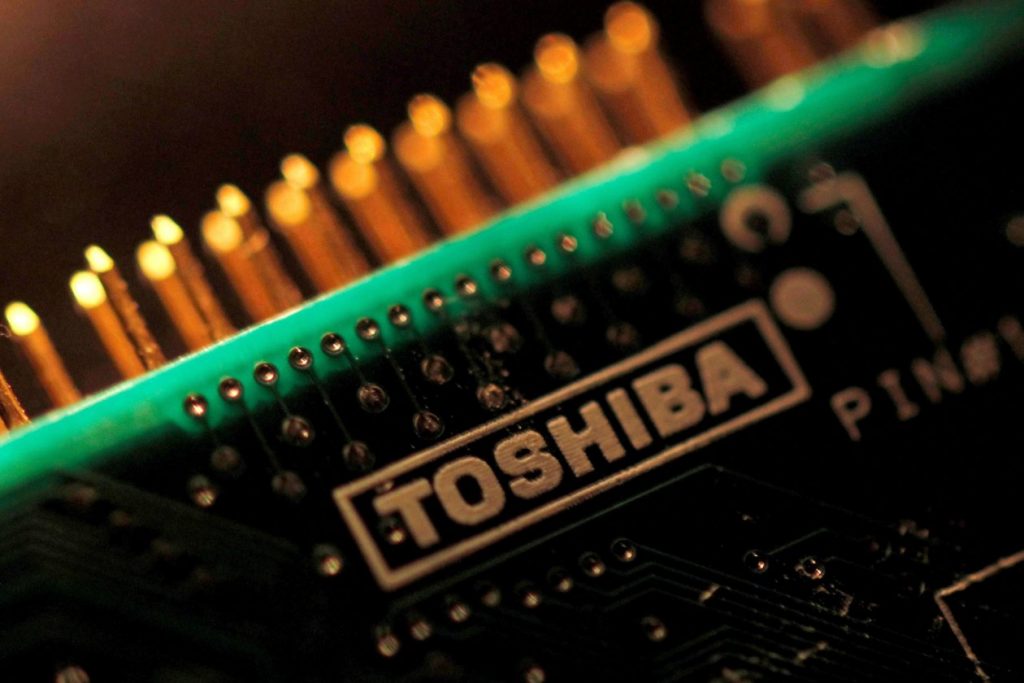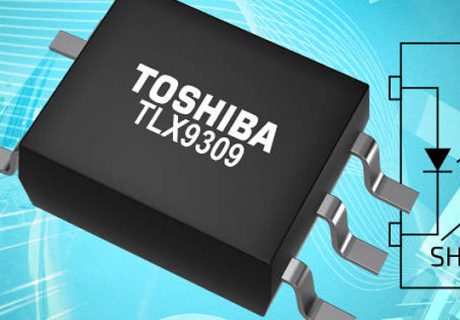China has approved U.S. private-equity firm Bain Capital’s $18 billion dealfor Toshiba Corp.’s memory-chip unit, in a possible gesture of goodwill as Beijing tries to stave off U.S. trade penalties.
The acquisition is set to be completed on June 1, Toshiba said.

Chinese antitrust regulators had been weighing the deal for months, and some inside Toshiba doubted that approval would come amid tit-for-tat trade actions by the U.S. and China. Toshiba had begun to weigh alternatives for the chip business, such as a public offering of its shares, people familiar with the matter said.
Clearance of the deal, which was announced in September, came less than two weeks before a deadline on the Toshiba decision and as Chinese negotiators were in Washington for trade talks.
With financial backing from U.S. customers for Toshiba’s memory chips such as Apple Inc. and Dell Technologies Inc., DVMT 0.13% Bain last year agreed to take a 49.9% voting stake in the chip unit, while Toshiba would hold 40.2% and Japan’s Hoya Corp. the remaining 9.9%.
South Korea’s SK Hynix Inc., a rival memory-chip maker, is helping fund the Bain deal and could eventually take a stake in the Toshiba unit. Executives at Bain and Toshiba didn’t think that aspect of the deal raised serious antitrust concerns, despite the extended Chinese scrutiny, but as the months dragged on they grew concerned about the political aspects.
The deal values the unit at ¥2 trillion ($18 billion). Some Toshiba shareholders have said it is worth more, citing heavy demand for memory chips used in smartphones, computer servers and many other devices. However, the business is volatile and requires billions of dollars of investment annually to stay competitive.
Toshiba said earlier this week that once the deal was completed, it would return some of the funds it receives to shareholders. The Chinese approval was the last regulatory hurdle remaining to the deal.
Some big tech deals have been buffeted by the trade tensions between the U.S. and China this year.
In April, Chinese antitrust regulators said their scrutiny of Qualcomm Inc.’s $44 billion purchase of NXP Semiconductors NV had turned up issues that were “hard to resolve.” Then, early this week, the regulators pledged to restart without delay their review of the U.S. company’s proposal, a person close to the regulatory agency said
Around the same time, President Donald Trump tweeted that he was working with Chinese President Xi Jinping to keep Chinese telecommunications company ZTE Corp. in business. The U.S. Commerce Department had cut off ZTE from U.S. suppliers over allegations involving ZTE’s compliance with U.S. sanctions on North Korea and Iran.
Chinese economic czar Liu He is visiting Washington for trade talks. Mr. Trump tweeted Wednesday that nothing has been decided on ZTE and “there has been no folding” by his administration. The two governments are working on a deal that would give ZTE a reprieve in exchange for Beijing removing tariffs on billions of dollars of U.S. agricultural products.
Henry Kravis, co-chief executive of private-equity firm KKR, said on a visit to Tokyo this month that U.S.-China trade disputes were complicating deal-making. “I really hope that this trade dispute that’s going on right now is settled and settled quickly because it’s not good for anyone,” he said.


















